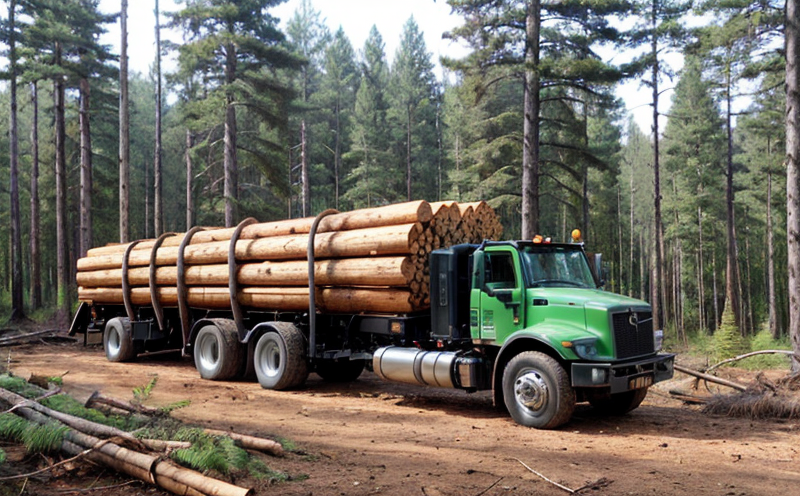Oriented Strand Board (OSB) Mechanical Testing
Oriented Strand Board (OSB) is a high-performance engineered wood product used extensively in construction due to its exceptional strength-to-weight ratio and durability. This service, offered by Eurolab, focuses on the mechanical testing of OSB panels, ensuring they meet stringent quality standards and safety requirements for use in various applications.
The process begins with the precise preparation of test specimens according to international standards such as ASTM D1435 or EN 312. These standards guide the cutting of samples from full-size OSB panels, ensuring uniformity and representativeness. After cutting, the specimens are conditioned in a controlled environment to stabilize moisture content before testing.
Eurolab utilizes advanced mechanical testers capable of simulating real-world loading conditions that OSB panels experience during construction and use. Common tests include:
- Tensile strength
- Compressive strength
- Bending modulus and strength (flexural properties)
- Shear strength
Each test provides critical data points that help ensure the structural integrity of OSB products. For instance, tensile tests measure the maximum stress a sample can withstand before breaking, while shear tests assess how well the panels resist shearing forces.
The results from these mechanical tests are then compared against industry standards and specifications to determine compliance with relevant codes such as ASTM D1435-20 or EN 312:2019. Compliance ensures that OSB products meet the structural requirements necessary for safe and reliable construction.
Eurolab’s testing service is not only about meeting regulatory standards but also providing valuable insights into material performance through detailed reporting. This includes graphical representations of test results, statistical analysis, and recommendations for potential improvements in material formulation or manufacturing processes.
| Test Type | Description | Standard |
|---|---|---|
| Tensile Strength | Measures the maximum stress a sample can withstand before breaking. | ASTM D1435-20, EN 312:2019 |
| Bending Modulus & Strength (Flexural Properties) | Evaluates the ability of OSB to resist bending under load. | ASTM D790, EN 312:2019 |
In addition to these standard tests, Eurolab can also perform custom mechanical testing tailored to specific project requirements. This flexibility allows clients to gain a deeper understanding of their materials and processes.
Eurolab Advantages
At Eurolab, we pride ourselves on delivering comprehensive mechanical testing services for OSB panels. Our state-of-the-art facilities and experienced technical staff ensure accurate and reliable test results every time.
- Compliance with international standards such as ASTM D1435-20 and EN 312:2019
- Highly trained technicians specializing in OSB testing
- Access to cutting-edge mechanical testers capable of replicating real-world loading conditions
Our clients benefit from our commitment to quality and accuracy, which is reflected in the reliability of test results. This ensures that construction materials used meet the highest standards of safety and performance.
International Acceptance and Recognition
The mechanical testing services provided by Eurolab are widely recognized for their accuracy and reliability across numerous countries. Our adherence to international standards such as ASTM D1435-20, EN 312:2019, and others ensures that our test results are accepted globally.
This recognition is crucial in industries where compliance with specific standards is mandatory for market entry or regulatory approval. Eurolab’s testing services play a vital role in ensuring that OSB products meet these stringent requirements.
Use Cases and Application Examples
| Application | Testing Scenario |
|---|---|
| Roof Sheathing | Bending modulus and strength tests to ensure structural integrity. |
| Flooring | Tensile strength and shear strength tests for load-bearing capacity. |
OSB is used in a wide range of applications, from roofing to flooring. Each application presents unique challenges that require specific mechanical testing. For example:
- Roof sheathing: Bending modulus and strength tests ensure the panels can withstand wind loads.
- Flooring: Tensile strength and shear strength tests are crucial for ensuring the flooring is capable of supporting heavy loads without deforming.





